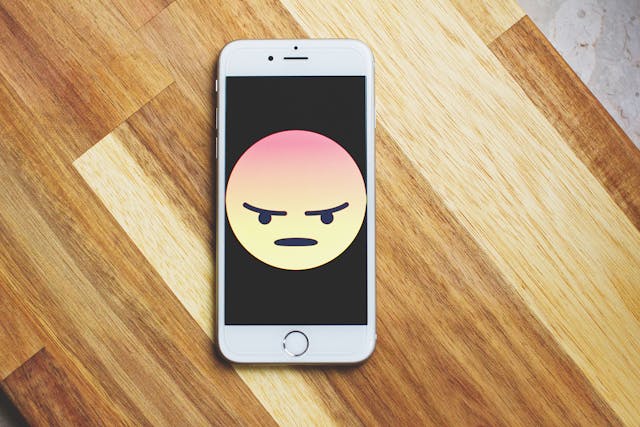Here are some daily management tips for misophonia that can help individuals cope with their triggers and reduce the emotional impact of this condition. Managing misophonia on a daily basis can be challenging, but implementing effective strategies can significantly improve quality of life.

Understanding Misophonia
Misophonia, a condition characterized by strong emotional reactions to specific sounds, can disrupt daily activities and interactions. These reactions can range from irritation to intense anger or panic. Understanding the nature of misophonia and how it affects you is the first step in developing effective management strategies.
Daily Management Tips
Create a Controlled Environment
One of the most effective ways to manage misophonia is to create a controlled environment. This involves minimizing exposure to trigger sounds and creating a safe, comfortable space.
- Use Noise-Canceling Headphones: Wearing noise-canceling headphones can help block out trigger sounds and reduce stress levels. This can be particularly useful in noisy environments such as public transport or crowded places.
- Soundproofing: If possible, soundproof your living or working space to minimize exposure to external noises. Using thick curtains, carpets, and door seals can help reduce noise levels.
- White Noise Machines: Using white noise machines or apps can mask trigger sounds, making them less noticeable and less distressing.
Develop Coping Mechanisms
Having a set of coping mechanisms can help you manage your reactions to trigger sounds more effectively.
- Deep Breathing and Relaxation Techniques: Practicing deep breathing exercises and progressive muscle relaxation can help calm your mind and body when exposed to trigger sounds. These techniques can reduce the intensity of your emotional reactions and help you stay grounded.
- Mindfulness and Meditation: Mindfulness and meditation practices can help you stay present and manage your responses to trigger sounds. Regular practice can improve your overall resilience and ability to cope with stress.
- Distraction Techniques: Engaging in activities that divert your attention away from trigger sounds can be helpful. Listening to music, reading, or engaging in a hobby can provide a distraction and reduce the impact of trigger sounds.
Communicate with Others
Effective communication with family, friends, and colleagues is essential for managing misophonia. Educating others about your condition can help them understand and support you better.
- Explain Your Condition: Let people around you know about misophonia and how it affects you. Explain what your triggers are and how they can help minimize your exposure to these sounds.
- Set Boundaries: Establish clear boundaries with others regarding noise levels and acceptable behaviors. Politely ask people to avoid making specific sounds that trigger your misophonia.
- Seek Support: Join support groups or online communities for individuals with misophonia. Sharing your experiences and learning from others can provide valuable insights and emotional support.
Professional Treatment
Seeking professional treatment can provide long-term strategies and tools for managing misophonia.
- Cognitive-Behavioral Therapy (CBT): CBT can help you change negative thought patterns and develop healthier responses to trigger sounds. Working with a therapist can provide personalized strategies for managing misophonia.
- Sound Therapy: Sound therapy involves gradual exposure to trigger sounds in a controlled environment, helping to desensitize you over time. This therapy can reduce the intensity of your reactions and improve your tolerance to trigger sounds.
Daily Management Tips for Misophonia: Conclusion
Daily management of misophonia involves a combination of creating a controlled environment, developing coping mechanisms, communicating effectively with others, and seeking professional treatment. By implementing these strategies, individuals with misophonia can improve their quality of life and reduce the impact of trigger sounds.
Misophonia treatment specialist Stephen Geller Katz at the Misophonia Cognitive Center™ offers specialized online treatment services to help individuals manage misophonia.
Stephen Katz, LCSW
646-598-2251
• Convenient online sessions
• Dr. Katz is multi-lingual
For more information about Dr. Katz and his Misophonia & Tinnitus treatment services, visit https://www.misophoniacognitivecenter.com/.

